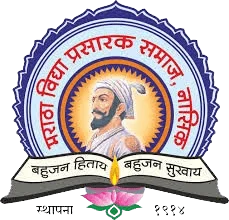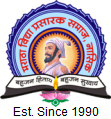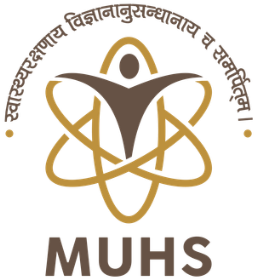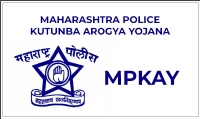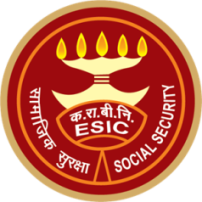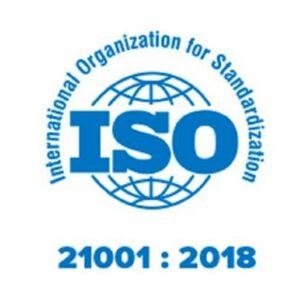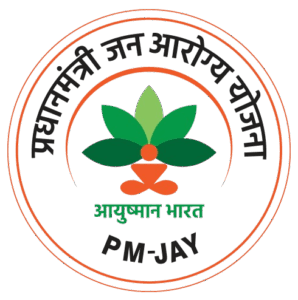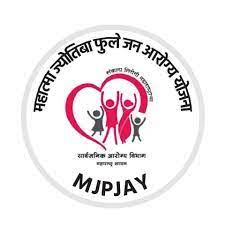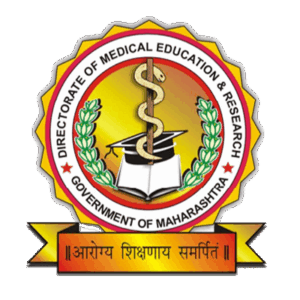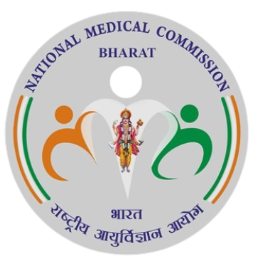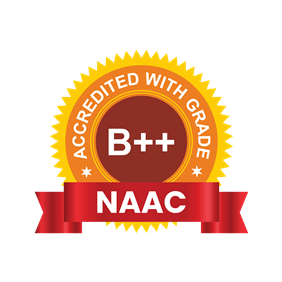DEPARTMENT OF BIOCHEMISTRY (BI)
- Best Practice in the Department of Biochemistry.
1.Title of the practice: counselling and mentoring.
Objective of the practice:
- To develop a mentoring relationship that is characterized by mutual respect, trust, understanding and personal development.
- To help a student to optimize an educational experience and get acquainted to new environment.
- To assist the progress of the student in educational as well as in socio-cultural, sports.
The context:
Mentoring in a medical college is a personal, as well as professional relationship. A mentoring relationship develops over an extended period, during which a student’s needs and nature of relationship tends to change. A mentor will try to be aware of these changes and vary the degree and type of attention, help, advice, information, and encouragement that a mentee needs. Several strategies to address student’s development needs like advising, counselling, coaching and mentoring have been planned and effectively implemented.
The mentoring not only focuses on students learning and educational experiences, but seeks to connect students’ academic interest and skills with their personal and professional life. The mentoring helps to create a safe environment in which students can learn with interest, curiosity and comfort. As the students are from different cultural and socio economic diversity, this mentorship certainly helps them to come out of the quotient and face the professional life ahead with great confidence.
The Practice: To encourage positive student learning and outcome and for the effectiveness of mentoring program ,following practices are followed by the department.
- After the admission in first year MBBS, each faculty from the first year departments is allotted with the students as their mentee.
- These students are introduced to their mentor .
- After this primary introduction, each mentor interacts with his or her allotted mentee every month.
- In monthly meeting, Mentee discuss their problems with the Mentor. The students are guided, councelled by the Mentor for every academic or non academic issues.
- Monthly records for these meeting sessions are kept by the mentor. If there are any significant concerns, the matter is conveyed and discussed with the Head of the department and mentorship committee. If required, counseling session are also arranged for the mentee.
The students are also taken for a Picnic, a sort of ice breaking as well as stress relieving activity for the students. Here, the mentor mentee bond is strengthened.
This program ensures involvement of students in different programs such as career guidance, emotional and moral encouragements, soft skills development, technical knowledge enrichment, industrial visits, social awareness and participation in innovative and creative learning.
Mentorship also aims to provide objective feedback and guidance, expert talk for students motivation and overall personality developments.
Experience and Success:
This mentorship program has developed a good rapport with the students which ultimately reflects as their success in every aspect of personal and professional life.
Problems Encountered and Resources Required:
Being in a new environment, students tend to be introvert initially to discuss their psychological, social or economical considerations.
- Title of the practice- Just A Minute with immediate concept clearance
Objective of the practice
- To enhance the ability of clinical based approach from Phase I MBBS
- To provide more clinical based approach to the students.
- To enhance the skill of clinical application of knowledge from Phase I.
- To practice immediate concept clearing through discussion.
- To link this ability to improve health services.
The context:
There is a wide range of assessment tools available for medical education, each one having its own advantages and disadvantages. These all methods assess the knowledge, skills and attitude. The medical field being an ever evolving one, the skill of decision making, confidence, level of knowledge, presence of mind are the essential qualities which needs to be developed in a student. Biochemistry being clinically related with the diagnosis, treatment and prognosis of the disease, needs the concept to be clear with basic knowledge and its application.
To build these qualities from the Phase I, assessing students through this ‘Just A Minute’ tool is practiced for Phase I MBBS students in Biochemistry
The Practice
Total 120 students of Phase I MBBS are included in this activity. Prior preparation about the protocol for conducting this session, syllabus, pre test and post test questionnaire are prepared. Validation of questionnaire for pre and post test is done with departmental faculty while feedback forms (five point Likert scale) are validated with MEU members. Faculties at department level are oriented about the session.
Students are divided in eight groups. (Each group with 15 students).The students are well informed about this activity, rules and syllabus. The syllabus planned for this session is conveyed to the student one month prior of this activity.
Pre test is conducted before the session. All the questions included are based on clinical application.(e.g. Case history/ laboratory report/technique/Disorder/metabolic reactions). These questions are displayed in the form of power-point presentation (ppt). Each group is given an opportunity to choose a number and the ppt of same number is displayed. Then the group is given a minute to discuss the answer of the same and then to represent it to all. This is followed by the detail interactive discussion for concept clearing for all the students.
This method is repeated for all the groups of the students three or four times. After this, post test is conducted. A questionnaire in the Google form is shared with the students and feedback about the session is obtained. Faculty feedback is also obtained through the Google form.
Experience and Success–
The students like such interactive sessions where immediate concept clearing helps them to clear their doubts as well as to know the topic with more details. This group activity is conducted in a healthy, stress-free, co-operative manner.
The results of pre test and post test showed statistically significant improvement in the performance of the student.
Problems Encountered
Everyone was curious about this new concept .Prior planning and preparation is required. Preparation of Pre test, Post test, feedback questionnaire, Powerpoint preparation of clinical material was done with all departmental faculties in a co-ordinated manner.
Resources Required- Stationary, Computer, LCD, Infrastructure
- Title of the practice- Objective structured Viva Voce for phase I MBBS Students.
Objective of the practice –
- To introduce objectivity into the traditional Viva-voce assessment.
- To find out the reliability, practicality of Oral Structured viva voce.
- To analyze the perception of the students and faculty feedback about innovative oral structured viva voce using Likert’s scale.
Context – Oral examination remains favorite of examiner because of high face validity, free hand to examiner about number of questions to be asked, flexibility of questions and many more. Many authors reported poor validity and reliability for oral examination because of unequal time distribution to student for viva, gender bias, non-uniformity of difficult questionnaire, full syllabus is not covered, examiner’s mood, and high anxiety in students, student’s communication skill and so on. Hence, in present times we structured viva voce examination for Phase I MBBS undergraduates in Biochemistry. This pattern was followed for all the days of examination. This practice helps the faculty to assess each student in an unbiased manner.
The Practice
Students as well as faculties of the department are sensitized and oriented about the execution of this type of oral structured viva voce in advance. For the preparation of the sets of OSVV, majority of topics included in the syllabus of formative assessment are kept usually. The feedback form is provided for students which is validated from three MEU members. The OSVV sets are prepared and validated by the department faculties where the topic sequence, difficulty level, marks allotted for the question are kept same. All the students as per the batch allotment are assessed for oral viva. One OSVV set is used for the whole day. Finally, the feedback is collected from all students. Next day, other set was used, followed by students’ feedback. Likewise using a set of OSVV per day is followed. To avoid unfair means during this we take following measures 1. Each student is given uniform time duration for OSVV. (15 minutes) 2. After the OSVV, student is not allowed to enter the practical laboratory again. (To avoid communication with other students)
Experience and Success–
We follow this activity and get very positive students’ feedback; they found this activity better than the traditional viva. And also students were of this opinion that It included almost all topics hence viva was not restricted to one topic which they might have kept for options also It helped them to focus on one question at a time.
Problems Encountered
Our concerns are time restriction, more faculties’ involvement as resources. Prior planning and preparation is required.
Resources Required- Stationary, Computer.
